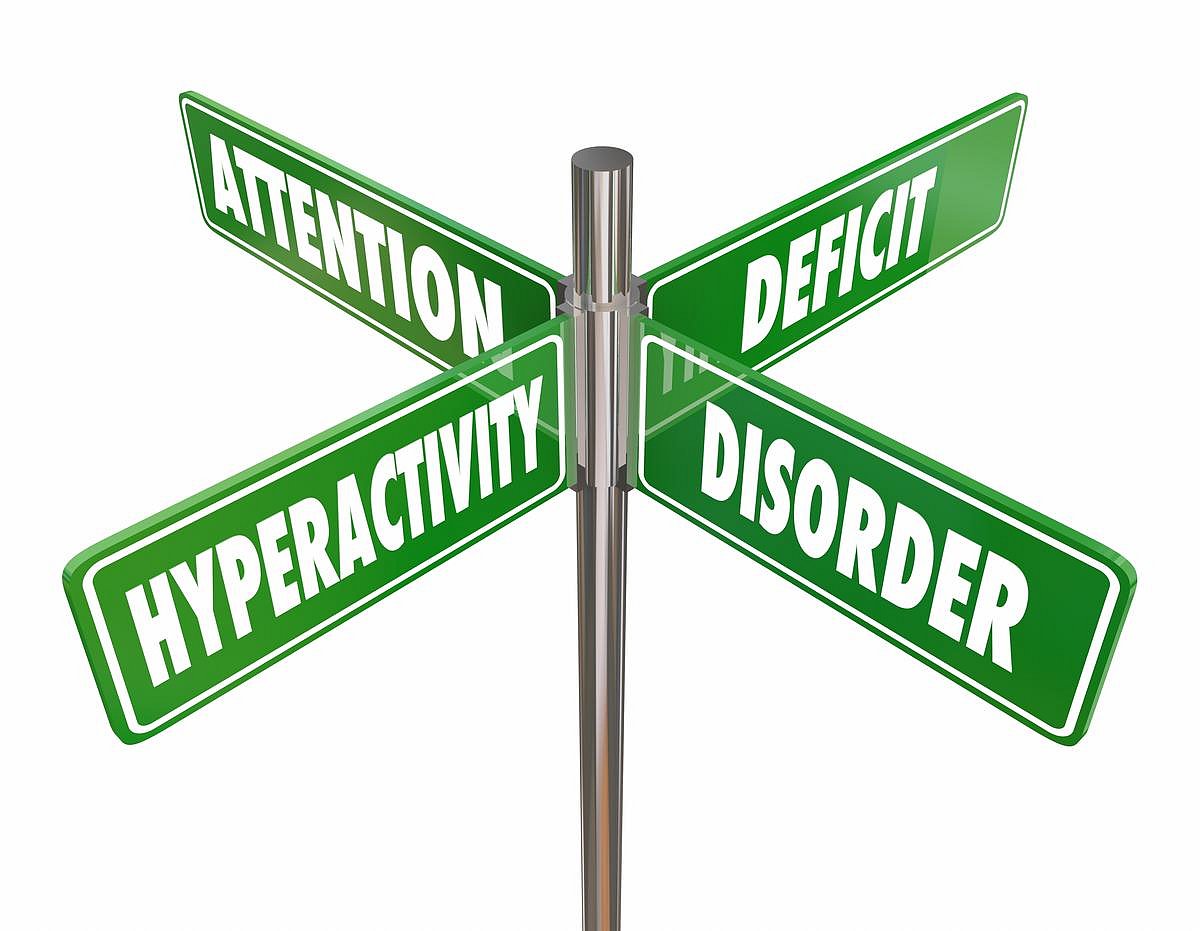Manténgase sano!

- Posted August 25, 2025
Community Health Workers Can Help Minority Kids Access ADHD Care
Community health workers could help extend care to more minority children with ADHD, a new pilot study says.
Parents of kids with ADHD said they were more likely to consider medications, therapy and school services to help their child, researchers report in the Journal of Attention Disorders.
“We know from previous studies that compared to white youth, Black, Hispanic and Asian children with ADHD receive less treatment, including fewer visits with a health care provider and lower medication use,” said lead researcher Dr. Andrea Spencer, vice chair for research in psychiatry and behavioral health at Ann & Robert H. Lurie Children’s Hospital of Chicago.
“We are excited to make a tangible difference for children and their families by using a community-based approach to ADHD that has proved to be so successful for other pediatric conditions, like asthma,” Spencer added in a news release.
This is the first study to test ADHD care delivered by community health workers — non-clinical recruits with deep knowledge of and connections to their community, Spencer said.
ADHD affects as many as 8% of children, and can be treated using a combination of drugs, behavior therapy and school accommodations, researchers said in background notes.
However, many kids don’t have access to ADHD care, due to racial, ethnic and socioeconomic inequities, researchers said.
For this study, researchers asked trained community health workers to hold an average of six hour-long sessions with 18 caregivers of children with ADHD between 6 and 12 years of age.
In the sessions, the workers discussed evidence-based treatments for ADHD, the myths and facts surrounding the disorder, ways to respond to stigma and discrimination, tactics for talking to their kids about ADHD, and strategies for navigating health care systems and advocating for their child.
“We received overwhelmingly positive feedback about the content and strategy addressing stigma in particular,” Spencer said in a news release. “Caregivers reported that the intervention helped them confront their own stigma about ADHD, as well as stigma from others. A community-based approach really can change the stigma associated with ADHD and hopefully get more kids into treatment.”
About 88% of caregivers agreed the intervention was helpful, and 94% said it made them feel more confident in seeking treatment for ADHD.
The program made caregivers more likely to consider medications (69%), therapy (75%) and school services (88%), results show.
In addition, caregivers reported that more kids were:
Using medication (up from 38% to 50%).
Receiving therapy (up from 31% to 69%).
Attending school with accommodations (up from 38% to 88%).
“Based on our promising results, we are planning a larger study, a randomized clinical trial, to evaluate the effectiveness of our intervention,” Spencer said. “Ultimately, we hope to improve outcomes for children with ADHD, especially for kids from minoritized racial and ethnic backgrounds.”
More information
The Child Mind Institute has more about ADHD in children.
SOURCES: Ann and Robert H. Lurie Children's Hospital of Chicago, news release, Aug. 19, 2025, Journal of Attention Disorders, July 30, 2025
